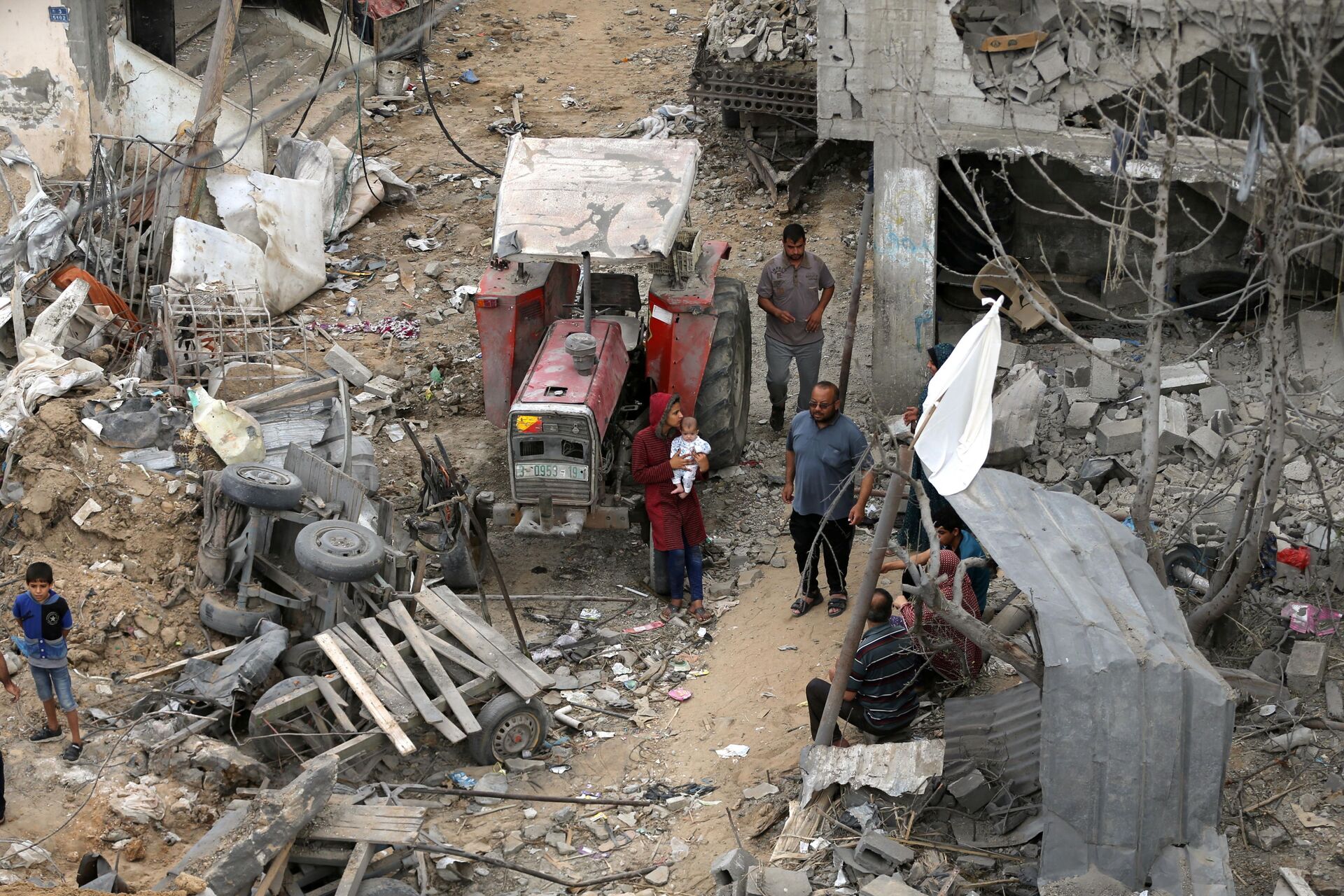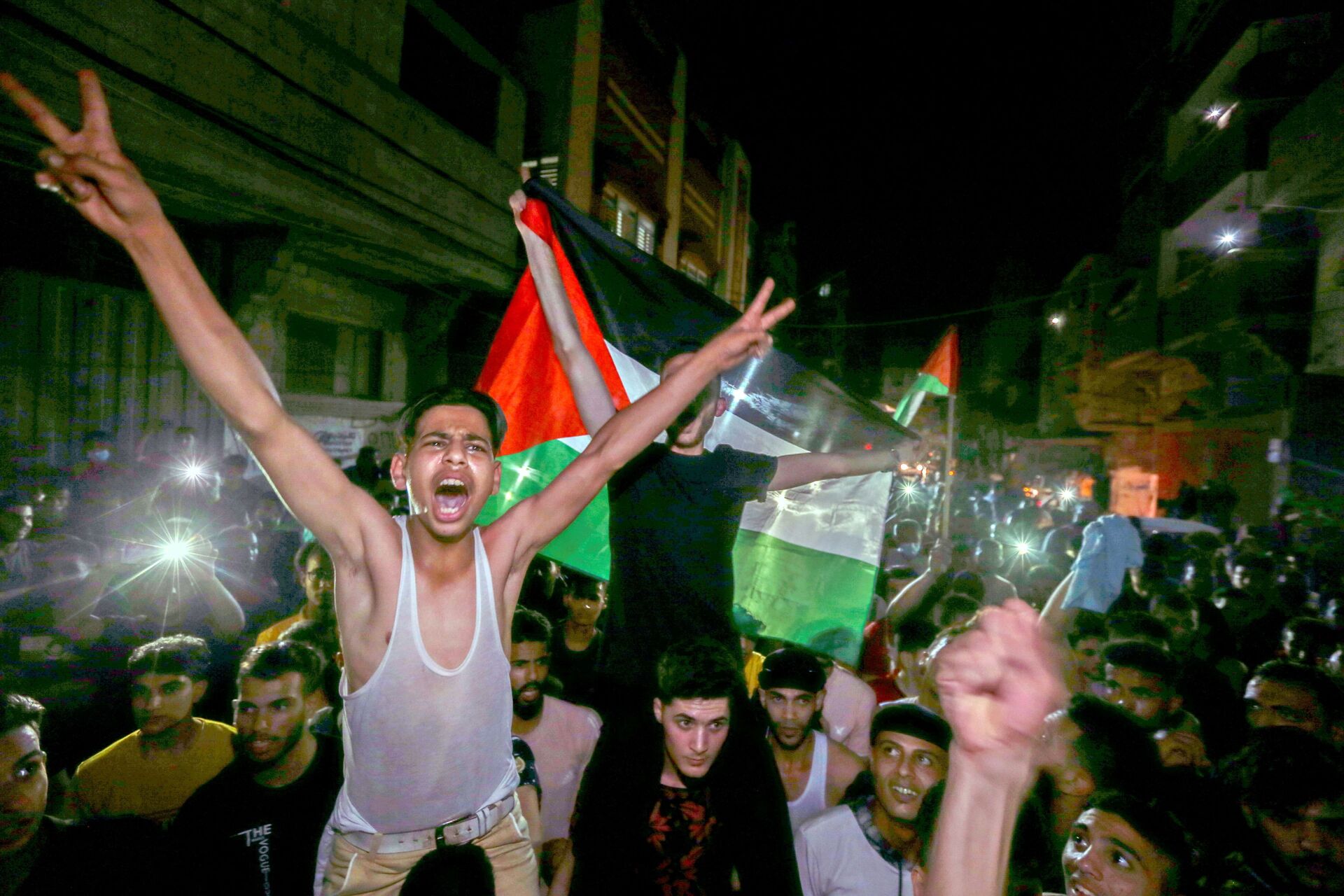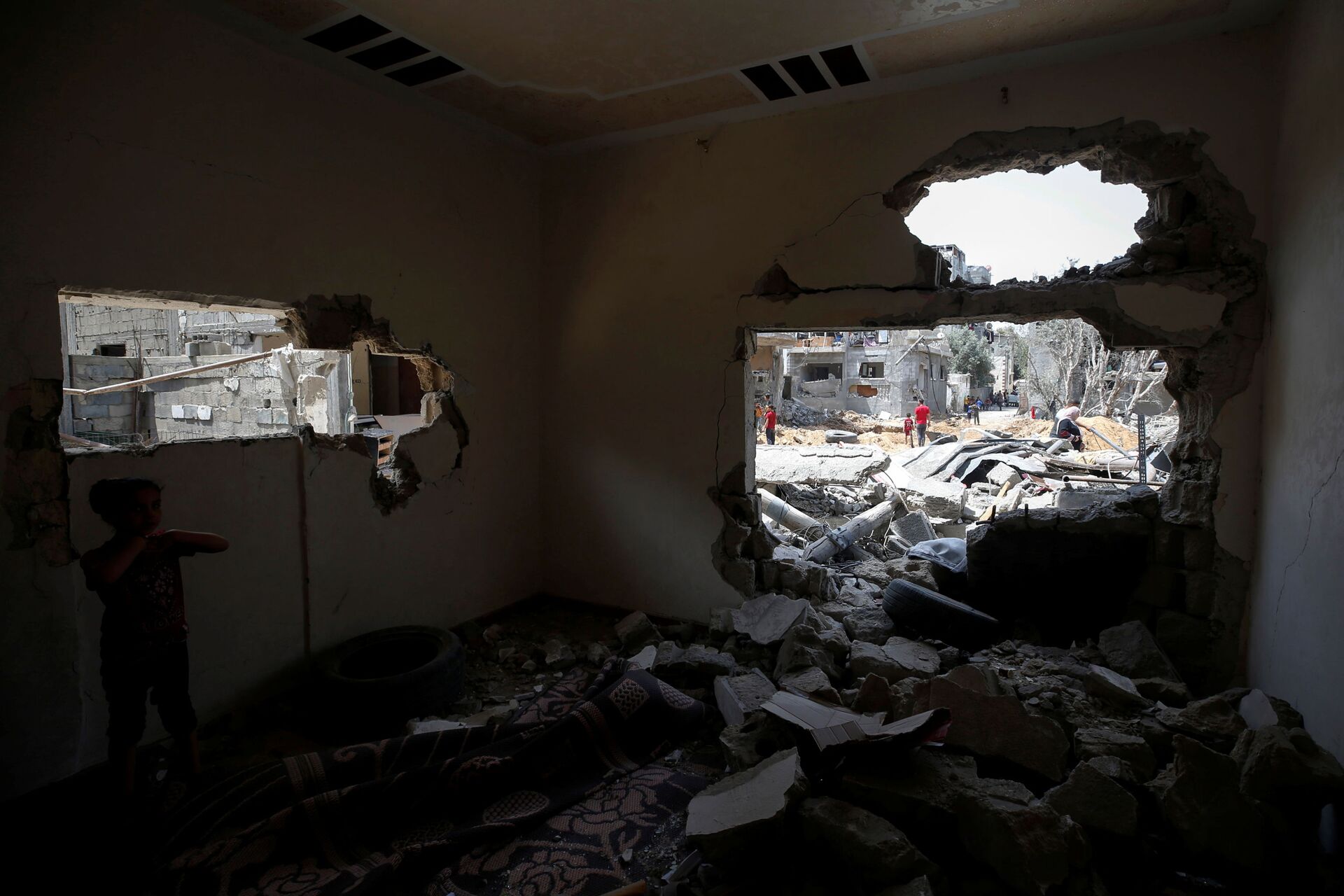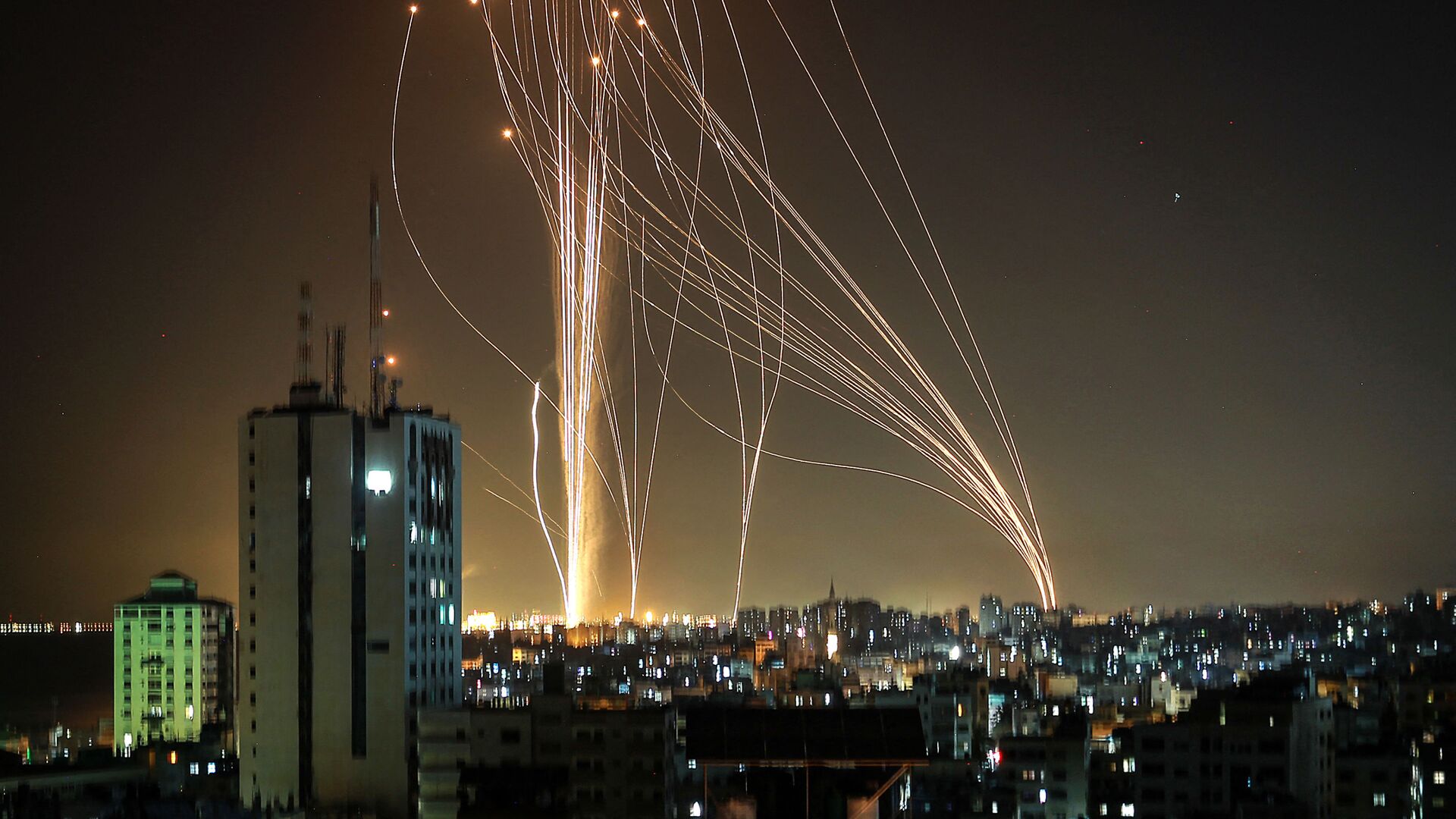Tel Aviv reportedly enlisted its agents to carry out covert operations to “sabotage” hundreds of Hamas rockets before they were fired from Gaza during the recent escalation of Israeli-Palestinian violence, reported The Mirror.
“Israel probably has the most penetrative espionage capability in the world. Its intelligence community has pulled off some breathtaking operations deep inside enemy territory, including assassinating Iranian scientists. It is very likely a number of those rockets were intercepted and altered,” a source was cited by the outlet as saying.
Israel’s national intelligence agency, Mossad, is claimed to have targeted the rockets, either as they were smuggled in parts from Iran to Gaza, or directly inside the Palestinian enclave itself, according to a senior Western intelligence source, cited by the outlet.
Israeli spies “spiked” hundreds of rockets by tampering with the guidance systems, motors, warheads or explosive material inside the missiles, alleged the report.
Accordingly, it was claimed that as many as 16 percent of the estimated over 4,000 launched by Hamas had misfired in Gaza or fell short of the Israeli border.
The 680 misfires amid the 11-day cross-border missile exchange purportedly resulted in some civilian deaths in Gaza.

Israel’s Iron Dome defence system can be reportedly credited with having intercepted 90 percent of incoming Hamas missiles. As for the timing of the alleged covert sabotage operations, they are suggested as most likely taken place months ago.
According to the outlet, militants of Hamas, the Islamic group that controls the Gaza Strip, have been stockpiling missiles over the past years. Israel is cited as claiming Hamas has enough missiles left for another two months.
Both Sides Claim ‘Victory’
As the Egypt-brokered ceasefire struck on 21 May between Israel and Hamas continues to hold, Israeli Prime Minister Benjamin Netanyahu hailed the 11-day targeting of Gaza as an "exceptional success".
Pledging a “new level of force” in response to any further attacks, he added:
“If Hamas thinks we will tolerate a drizzle of rockets, it is wrong.”
A senior Hamas figure, Khalil al-Hayya, told a celebratory crowd shortly after the truce: “This is the euphoria of victory."

Hamas leader Ismail Haniyeh in a televised speech from the Qatari capital, Doha, claimed the conflict had “opened the door to new phases that will witness many victories”. Touting it as a “quantum leap”, he insisted it would boost support among Palestinians for “resistance”.
🇵🇸🇵🇰 Karachi: Massive Palestine Solidarity March by Jamaat-e-Islami. Hamas leader Ismail Haniyeh addressed the participants through audio call.#LetsUniteMuslimUmmah pic.twitter.com/fSbF917YKT
— Syeda Leila Naqvi 🇵🇰 (@SyedaLeila) May 23, 2021
However, currently Gaza residents are faced with the daunting rebuilding task as buildings were flattened, roads torn up and water systems and power grid suffered damages.

The conflict between Gaza-based Hamas militants and Israel escalated on 10 May after several days of violent clashes between the Arab population and Israeli police in East Jerusalem. Tensions had flared over a court ruling to evict Palestinian families from the Sheikh Jarrah neighbourhood of the city.
Furthermore, restricted access for Palestinians during Ramadan to Al-Aqsa Mosque in the Old City. The mosque that sits on Temple Mount is the third-holiest site in Islam.
As a result of spiralling violence, thousands of rockets were fired at Israel by Hamas, with the Israel Defence Forces (IDF) targeting the Gaza Strip with airstrikes before an Egypt-brokered, unconditional ceasefire was struck on 21 May.
According to the latest estimates, 248 Palestinians died in the violence, according to its health ministry. The Israeli medical service has claimed that 12 Israelis died during the recent military actions.


